First, If you want to create an "alias" for method, that's enough:
scala> val foo = bar(_) //val instead of def, still warning from Idea
foo: Int => Int = <function1>
Second, this shoud remove Idea's warning:
scala> val foo = bar _
foo: Int => Int
Actually, it's not just alias - your method becomes converted into a function (eta-expansion). You cant' just specify method (compile-time entity) as compiler will expect parameters - you need to convert it into a function (using underscore) first. Sometimes it's done automatically when compiler expects a function:
scala> val foo: Int => Int = bar
foo: Int => Int = <function1>
So this probably what Idea wants from you. In other cases - you have to use eta-expansion operator (_) explicitly.
P.S/1. def foo = bar(_) (def instead of val) makes no sense as it will return new (but same) function every time, val (or lazy val to be safe from NullPointerException) just returns it once.
P.S/2. The difference between (_) and _ is that first is partially applied function (which does _ eta-expansion automatically), which means that for let's say:
scala> def bar(a: Int, b: Int) = a
bar: (a: Int, b: Int)Int
scala> def foo = bar _
foo: (Int, Int) => Int
scala> def foo = bar(_)
<console>:8: error: missing parameter type for expanded function ((x$1) => bar(x$1))
def foo = bar(_)
^
<console>:8: error: not enough arguments for method bar: (a: Int, b: Int)Int.
Unspecified value parameter b.
def foo = bar(_)
^
scala> def foo = bar(_, _)
foo: (Int, Int) => Int
you have to specify bar(_, _) as there are two arguments.
